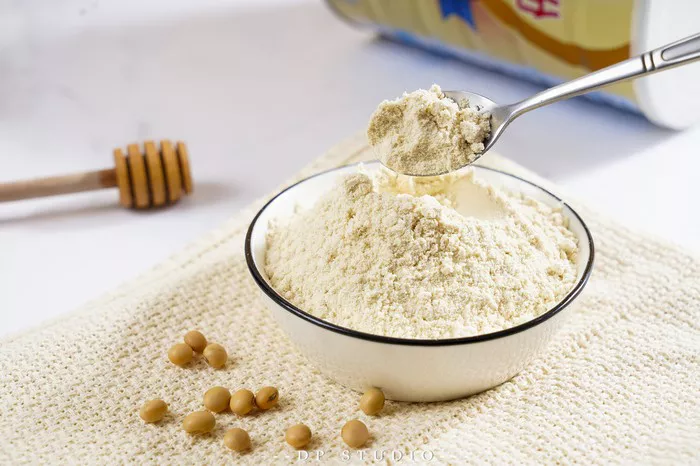Allergies can significantly impact daily life, causing symptoms ranging from mild discomfort to severe distress. While medication is commonly used to manage allergies, there are also natural approaches that can provide relief without the use of drugs. Understanding these strategies and incorporating them into your lifestyle can help alleviate allergy symptoms and improve your overall well-being. In this comprehensive guide, we’ll explore various methods for dealing with allergies without relying on medication.
1. Identify Triggers
The first step in managing allergies without medication is to identify the specific triggers that cause your symptoms. Common allergens include pollen, dust mites, pet dander, mold, and certain foods. Keeping a detailed journal of your symptoms and activities can help you pinpoint the substances or situations that exacerbate your allergies. Once you identify your triggers, you can take proactive steps to avoid or minimize exposure to them.
2. Maintain a Clean Environment
Maintaining a clean living environment is essential for allergy sufferers. Regular cleaning can help reduce the accumulation of allergens such as dust, pollen, and pet dander. Here are some tips for keeping your home allergen-free:
1. Vacuum carpets and rugs frequently using a vacuum cleaner equipped with a HEPA filter.
2. Wash bedding, curtains, and other fabric items in hot water to remove dust mites and allergens.
3. Use allergen-proof covers on pillows and mattresses to prevent exposure to dust mites.
4. Keep indoor humidity levels between 30% and 50% to discourage mold growth.
5. Minimize clutter, which can trap dust and make cleaning more challenging.
3. Practice Nasal Irrigation
Nasal irrigation, also known as nasal rinsing or nasal douche, is a technique used to flush out allergens and mucus from the nasal passages. This natural remedy can help alleviate congestion, reduce inflammation, and improve breathing. Here’s how to perform nasal irrigation:
1. Fill a clean neti pot or nasal irrigator with a saline solution.
2. Tilt your head to the side over a sink and gently pour the saline solution into one nostril.
3. Allow the solution to flow through your nasal passages and out of the opposite nostril.
4. Repeat the process on the other side.
5. Be sure to use distilled or sterile water for nasal irrigation to avoid the risk of infection.
4. Incorporate Anti-Inflammatory Foods
Certain foods have natural anti-inflammatory properties that can help alleviate allergy symptoms. Including these foods in your diet may help reduce inflammation and boost your immune system’s response to allergens. Some examples of anti-inflammatory foods include:
1. Fatty fish such as salmon, mackerel, and sardines, which are rich in omega-3 fatty acids.
2. Berries such as blueberries, strawberries, and raspberries, which are packed with antioxidants.
3. Leafy greens like spinach, kale, and Swiss chard, which contain vitamins and minerals that support immune function.
4. Turmeric, ginger, and garlic, which have been shown to possess anti-inflammatory properties.
5. Try Herbal Remedies
Herbal remedies have been used for centuries to alleviate allergy symptoms and support overall health. While scientific evidence supporting their effectiveness is limited, some herbs may offer relief from common allergy symptoms. Here are a few herbal remedies to consider:
Butterbur: Butterbur extract has been shown to reduce nasal congestion and improve breathing in some studies.
Quercetin: Quercetin is a flavonoid found in fruits, vegetables, and herbs that may help stabilize mast cells and reduce the release of histamine.
Stinging nettle: Stinging nettle contains compounds that may have anti-inflammatory properties and could help relieve allergy symptoms when taken as a supplement or brewed into tea.
































